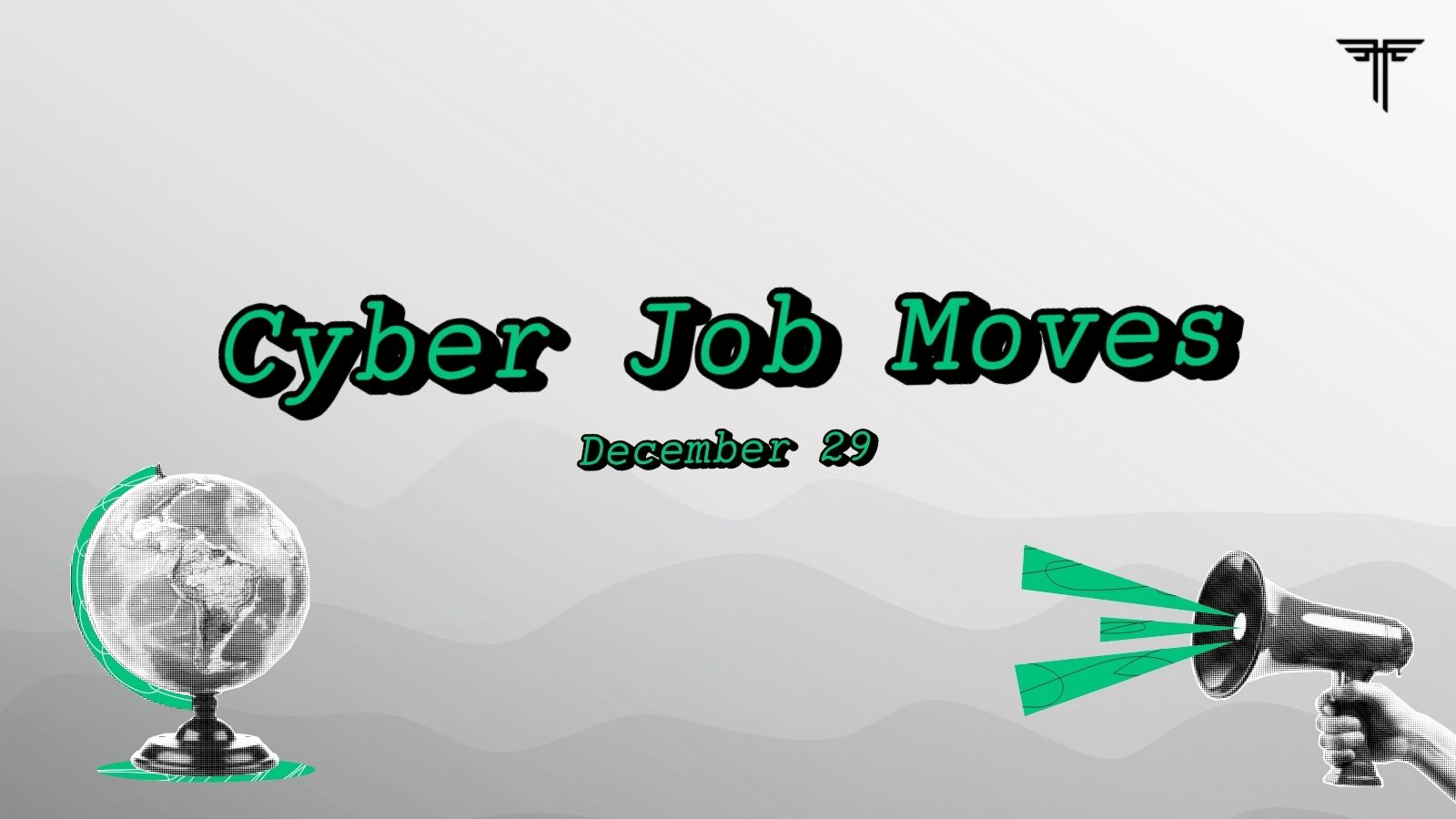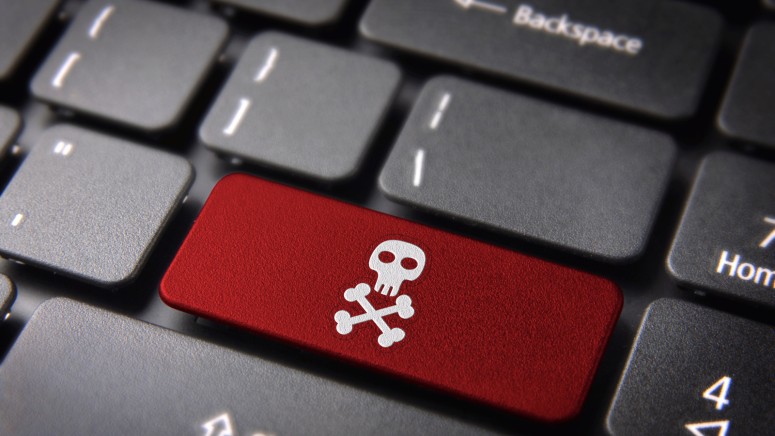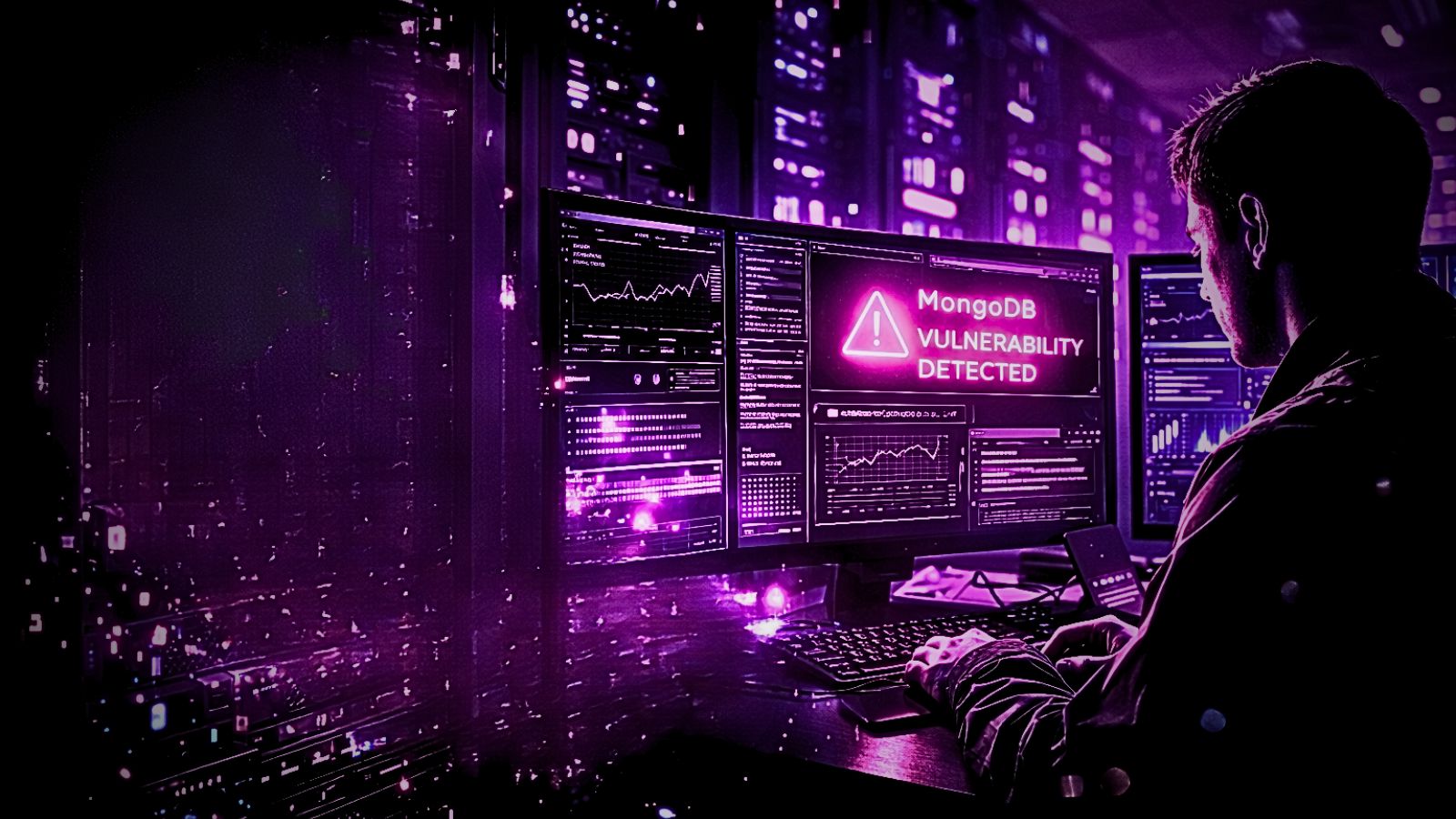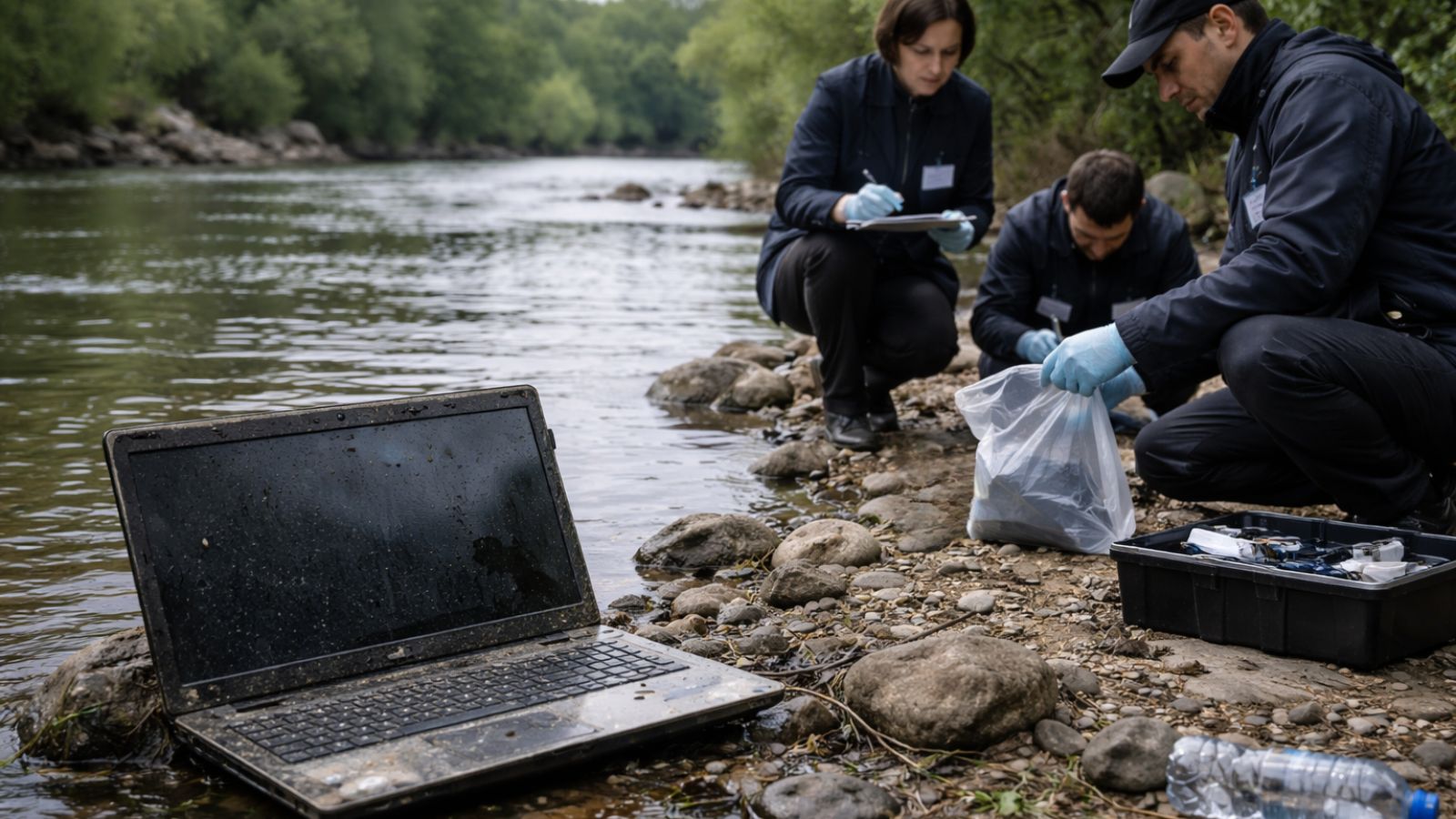
MPA Once Again Calls for Proactive Removal of Pirated Content on the Internet
- The Motion Picture Association got tired of waiting for social media platforms to do something about piracy.
- The association is lobbying at the law-making level now, trying to push for beneficial changes.
- What they are asking for is to use hate-speech tools for the proactive removal of pirated content.
The MPA (Motion Picture Association) is pushing for proactive removal of pirated content again and is urging internet giants like Facebook, YouTube, and Twitter, to consider the implementation of additional copyright protection measures. The association believes that if pirated content is removed almost immediately after its uploading, users will gradually get disheartened, so they will give up trying. Moreover, these platforms won’t be viewed as the go-to locations for illicit content sharing, and so consumers will stop treating them as such.
The MPA has been pushing for the adoption of proactive removal measures for quite a while now, trying to convince large social media platforms that they shouldn’t wait for notices or reports. However, social media companies have been very reluctant to do anything really game-changing yet. The reason for this is because it would practically turn users away to other, more welcoming platforms, or even the darknet. That said, what Facebook, YouTube, Reddit, and Twitter have been doing so far is to publicly demonstrate that they won’t tolerate piracy, but at the same time, they allowed anything that is not reported, even if it is blatantly pirated.
This apparent negligence has forced the MPA to lobby for the formulation of a legal context that won’t leave social media giants enough margin for indisposed approaches. They recently joined relevant hearings like the one on “Fostering a Healthier Internet to Protect Consumers”, and pushed for a revision of Section 230 of the Communications Act. They simply accuse internet services that they are not doing enough against piracy and in helping fight copyright infringement. That is why they ask for piracy to be blocked in the same manner that hate speech is blocked. As they say, the tools to identify hate speech are already there and deployed, so why not use them for piracy too?
Whether or not the lawmakers will make this mandatory, we will have to wait and see. However, the situation is a double-edged sword. Putting too many restrictions on popular internet platforms will force people to use other channels of communication that aren’t controlled by legal entities, nor ruled or limited by any laws. For a balance to be struck, the lawmakers and regulators will have to consider a number of factors, many of which go beyond their comprehensive understanding. Internet, piracy, and social media platforms are separate but interrelated organisms of complex mechanisms and unpredictable nature. That said, imposing restrictions most probably won’t bring the results that MPA envisions and hopes for.
What do you think about the above? Share your opinion with us in the comments down below, or join the discussion on our socials, on Facebook and Twitter.







